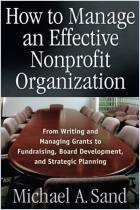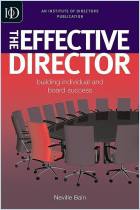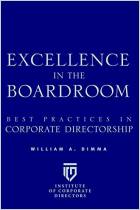
Read or listen offline
Amazon KindleRecommendation
Economist and consultant Allen J. Proctor offers clear strategies for operating a modern nonprofit organization. He invites nonprofits to take a deeper, more “provocative” look at their fundamental structures and systems, and he provides specific, concrete methods for improving them. He defines crucial factors – from board development to funding – that define a nonprofit’s viability, and discusses them in short, concise chapters that challenge status quo thinking about how nonprofits should behave. His anecdotal examples and bulleted action steps explain how to implement each concept. The compact, accessible writing style and valuable checklists make this book a good solid reference or a handy quick review. Though Proctor’s subtopics sometimes seem disconnected and some issues tend to overlap across chapters, getAbstract recommends this professional, managerial analysis of how to keep your nonprofit fiscally sound while achieving its altruistic goals.
Summary
About the Author
Economist Allen J. Proctor heads a consulting firm and writes about nonprofit management for Columbus Business First.



















Comment on this summary